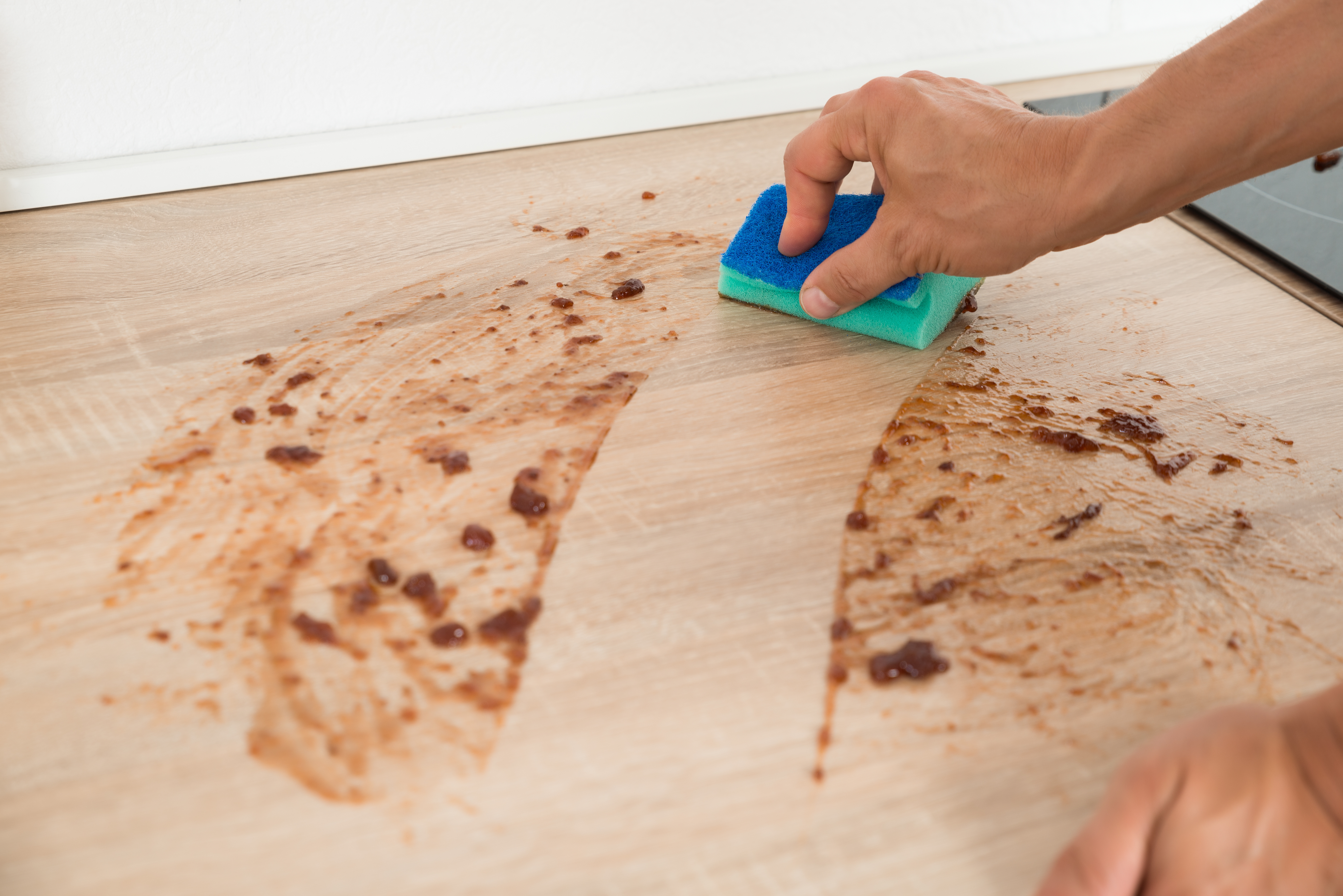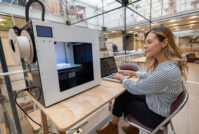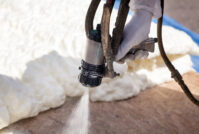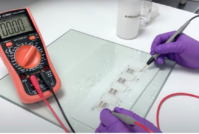look what we did!
Category: Innovation Bonds
Polyurethane Sponges Cut Through the Mess
It is likely you never consider what germs may be lurking in your household sponge. After all, a sponge is a more or less permanent fixture at kitchen sinks around the country, and the design of this domestic mainstay has remained virtually unchanged for the past several decades.
But, the seemingly innocuous sponge harbors its own share of dirty secrets and is not without critics.
Among its detractors, the chief complaint about the sponge is that it offers a breeding ground for germs that can cause serious illnesses like E. coli poisoning. Food particles get stuck in the porous surface of the sponge. Once trapped, they can grow moldy and rotten over time – at which point the sponge becomes ground zero for bacteria and cross contamination.
You may have read the headlines that kitchen sinks – and even our dishtowels – carry more germs than the average toilet seat. A sponge can transmit illness in our kitchens, soaking up these germs and spreading them around a food preparation area.
But, thanks to polyurethane, researchers say there some sponges are safer and more sanitary. While experts say cellulose sponges, made from a blend of tree particles, dominate the current sponge market in the United States, polyurethane sponges may offer a safer alternative.
A study published in the Journal of Food Protection and Food Protection Trends found that polyurethane sponges can be disinfected much more easily and thoroughly than their cellulose counterparts. In one instance, polyurethane sponges reduced the risk of E. coliinfection by as much as 90 percent after proper disinfecting when the E. colipathogen was present.
While swapping out your cellulose sponge for a polyurethane one can be an excellent first step in reducing foodborne illnesses, some experts recommend replacing your sponge once a week or giving your existing sponge a once-weekly disinfecting, which can usually be accomplished by microwaving your wet sponge on high for approximately two minutes.

























